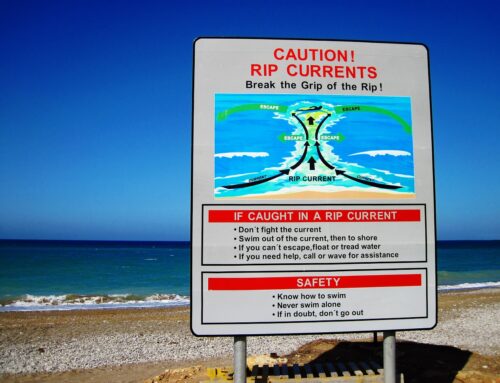The North American Free Trade Agreement (NAFTA) created the TN Visa to facilitate temporary employment in the United States for approved Canadian and Mexican citizens. The goal of the visa was to strengthen business and trade relations between the United States, Canada, and Mexico by allowing citizens of these countries to work in the United States. The visa has continued under the USMCA.
There are two kinds of TN status citizens of Mexico, or Canada can apply for. A TN-1 is for Canadian professionals, and a TN-2 is for Mexican professionals. There is a list of qualified professions, and any applicant is required to be qualified under one of these categories.
The TN status requirements and process are the same for either Canadian or Mexican citizens. The program has no quota, meaning that all qualified applicants will likely be awarded a TN visa.
TN Visa Requirements
The general TN Visa requirements include the following:
- Must be a citizen of Canada or Mexico
- Must be qualified under one of the accepted NAFTA professions
- Must show evidence that a USCMA professional is needed to fill the position
- Participants must have a prearranged employment opportunity with a U.S. employer. (Self-employment does not qualify for eligibility)
- Must provide evidence that the applicant fills the educational and credential requirements of the position
TN-1 Eligibility Requirements for Canadian Citizens
Canadian citizens are not required to obtain a TN visa to enter the U.S. However, if the applicant wants to bring dependents (spouses and unmarried children under 21) to the United States, they must have a TN visa so their dependents are eligible for a TD nonimmigrant visa. Canadian citizens can enter one of two ways.
- The employer can submit an I-129, Petition for Nonimmigrant Worker, with the TN visa application to USCIS OR
- Participants can apply for TN nonimmigrant status at a CBP-designated U.S. port of entry. They will need to present proof of Canadian citizenship, a letter from the prospective employer detailing the educational qualifications needed, the purpose of the employment, and the length of stay. They MAY also need a credentials evaluation and any applicable fees.
TN-2 Requirements for Mexican Citizens
Unlike Canadians, Mexican citizens are required to obtain a TN visa for entry into the United States. They will have to undergo the following process:
- Submit all required paperwork (along with the DS-160) to a U.S. Embassy or Consulate
- Participate in an interview at a U.S. Embassy or Consulate
- Receive a visa number.
Once approved, Mexican citizens should present their application for entrance at select CBP-designated U.S. ports or certain pre-clearance stations.
Difference Between a TN Visa and an H-1B Visa
The H-1B visa for nonimmigrants is a similar option but with distinct differences.
- Only 85,000 H-1B visas are allotted annually. Due to the significant number of entries, visas are awarded through a lottery system. However, the TN visa has no annual cap for participants, and all eligible applicants are granted access.
- The H-1B visa is valid for an initial period of three years and can be extended to a maximum of six years. However, a TN visa can be extended an indefinite number of times.
- The H-1B visa is much more expensive, but the prospective employer typically covers the cost.
- The H-1B is not largely unlimited regarding qualifying occupations. By contrast, the TN only has 60 qualifying professions.
- The H-1B visa is a “dual intent” visa, meaning participants can subsequently seek legal permanent residence (green card status) while under it. The TN visa does not allow you to do this.
Ultimately, the best course of action is to speak with a professional immigration law firm about your intentions before choosing between the H-1B and the TN visa. Also, it is important to note that even though TN visas are easier to obtain, you should never make travel plans or commitments before gaining approval for your visa.
Probinsky & Cole are expert immigration attorneys with offices based in the Orlando, Tampa, and Sarasota regions.





